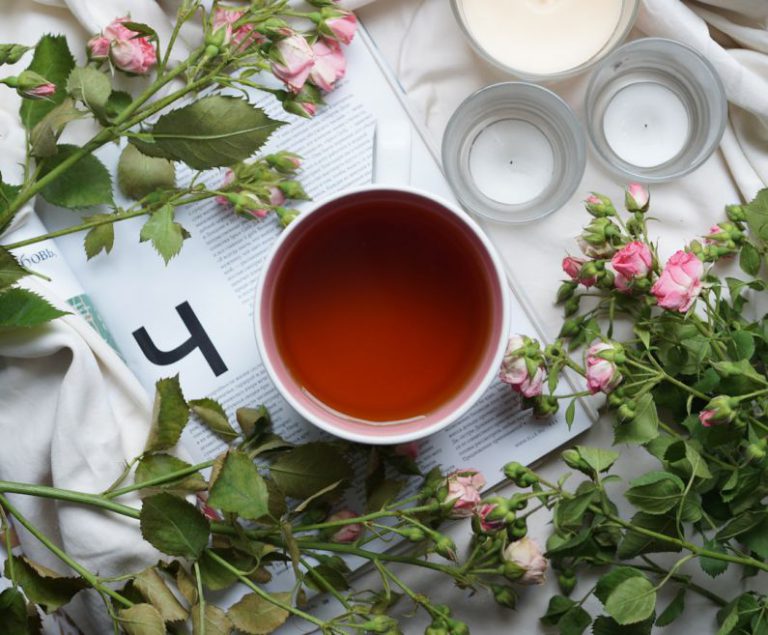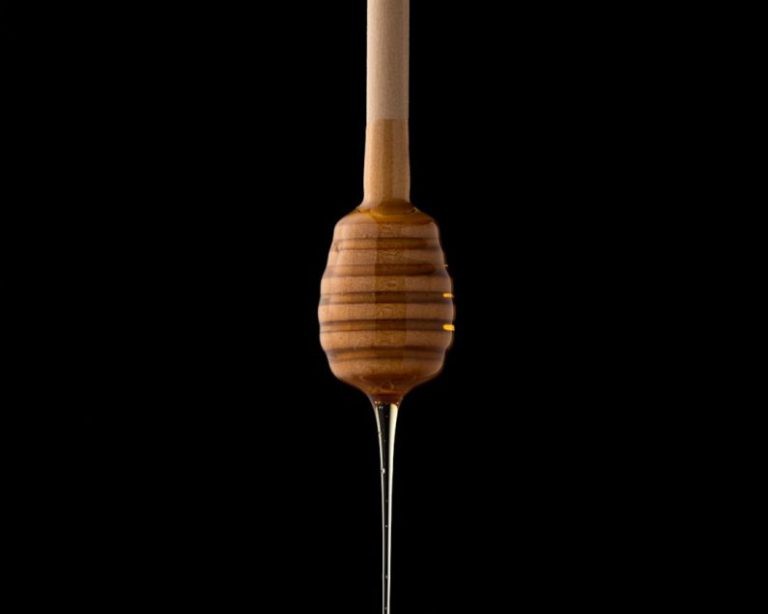The Unique Taste of Yellow Tea: a Forgotten Delight
In the vast world of tea, there is a hidden gem that often goes unnoticed – yellow tea. While green, black, and oolong teas dominate the market, yellow tea remains a lesser-known and underappreciated variety. Originating from China, yellow tea offers a unique taste profile that sets it apart from its more popular counterparts. Let’s delve into the world of yellow tea and discover the nuances that make it a forgotten delight.
The Elegance of Yellow Tea
Yellow tea is often referred to as the “imperial tribute tea” due to its historical significance as a tribute to the Chinese emperors. It is a rare and exquisite tea that undergoes a meticulous production process, making it one of the most labor-intensive varieties to produce. The leaves are harvested, withered, and then covered to undergo a slight oxidation process known as “sealing yellow.” This step gives yellow tea its distinct flavor and aroma, setting it apart from other types of tea.
Subtle and Refined Flavor Profile
One of the defining characteristics of yellow tea is its subtle and refined flavor profile. Unlike the boldness of black tea or the grassy notes of green tea, yellow tea offers a delicate and smooth taste that is truly unique. It is often described as having a sweet, floral aroma with hints of chestnut or honey. The flavor is nuanced and complex, with a slight earthiness that adds depth to each sip. Yellow tea is a gentle and soothing drink that can be enjoyed throughout the day.
The Brewing Ritual
To fully appreciate the delicate flavors of yellow tea, it is essential to follow the proper brewing ritual. Yellow tea leaves should be steeped in water that is around 175-185°F for 2-3 minutes. This gentle brewing process allows the leaves to unfurl slowly, releasing their full flavor without becoming bitter. Yellow tea is best enjoyed in small teacups to savor the subtle nuances of its taste. Take the time to appreciate the golden liquor and floral aroma that yellow tea offers with each sip.
Health Benefits of Yellow Tea
In addition to its exquisite taste, yellow tea also boasts a range of health benefits. Like other varieties of tea, yellow tea is rich in antioxidants, which can help reduce inflammation and promote overall well-being. The gentle oxidation process that yellow tea undergoes may also contribute to its ability to support digestion and boost immunity. Drinking yellow tea regularly can be a soothing and rejuvenating experience for both the body and mind.
Reviving a Forgotten Delight
Despite its rich history and unique taste, yellow tea remains a forgotten delight in the world of tea. Its intricate production process and subtle flavors make it a rare find that is often overshadowed by more popular varieties. However, there is a growing interest in artisanal teas and traditional brewing methods, which may lead to a revival of yellow tea in the future. By exploring the world of yellow tea and appreciating its nuanced flavors, tea enthusiasts can rediscover this hidden gem and savor its delicate charms.
Embracing the Elegance of Yellow Tea
As tea lovers continue to seek out new and exciting flavors, yellow tea offers a refreshing change of pace. Its subtle taste profile and refined brewing ritual make it a truly unique and delightful tea experience. By embracing the elegance of yellow tea, we can rediscover the beauty of this forgotten delight and savor its delicate flavors with each cup. Let yellow tea transport you to a world of tranquility and sophistication, where every sip is a moment to be cherished.






